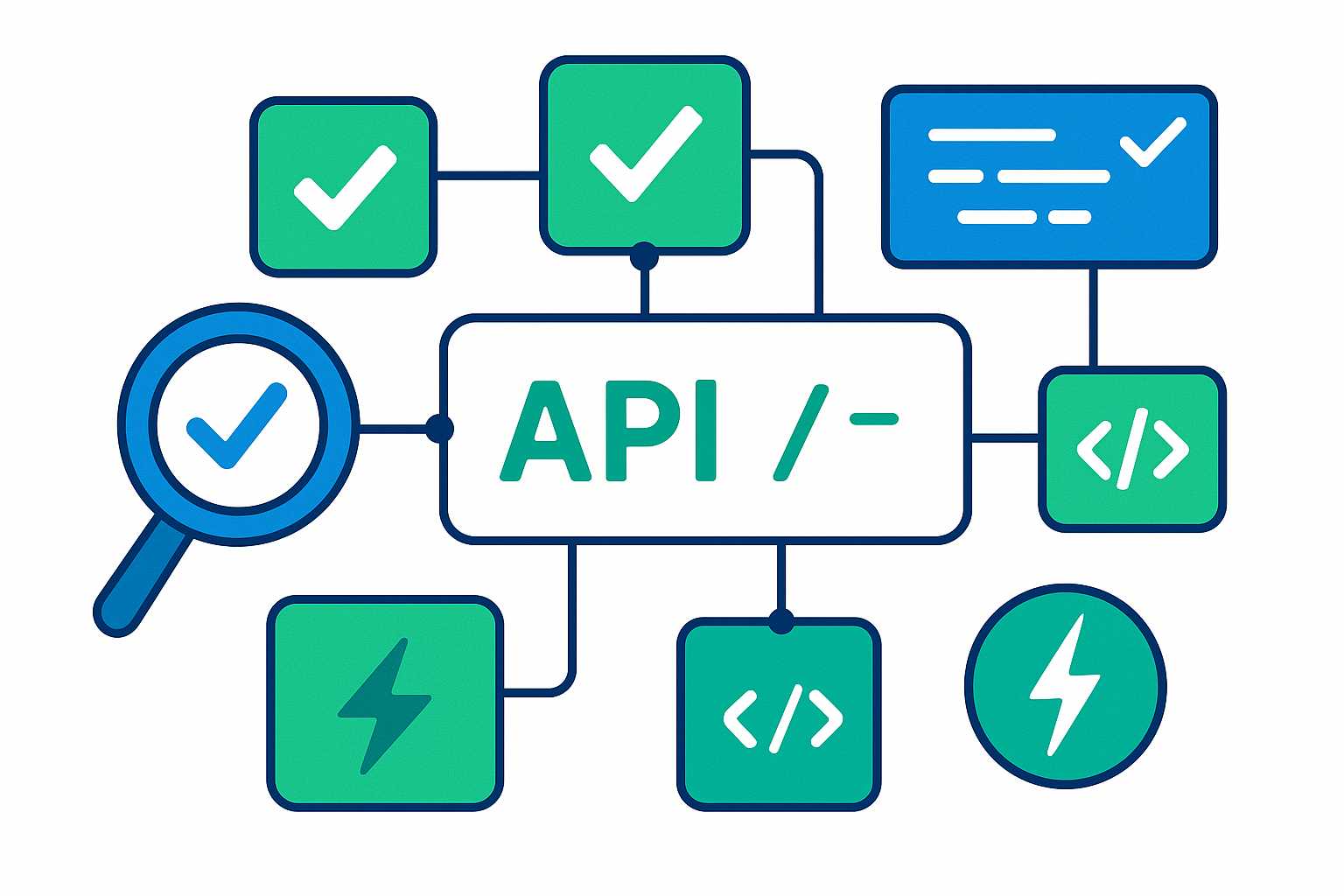When building robust APIs with FastAPI, effective testing isn’t just about hitting endpoints; it’s about ensuring that all the components—especially dependencies—work as expected. FastAPI’s dependency injection system is incredibly powerful, but understanding how to write focused, maintainable tests for them can be a game-changer.
In this article, I’ll walk through strategies for testing FastAPI dependencies—both in isolation and as part of endpoint testing—so you can write code that’s resilient and future-proof.
Why Focus on Dependencies?
Dependencies in FastAPI encapsulate logic for authentication, database access, configuration, and more. Cleanly testing these increases reliability and reduces duplicated test code. Without proper tests, dependencies can become invisible sources of bugs or regressions.
Testing Dependency Functions in Isolation
A best practice is to keep as much logic as possible outside of the dependency function. For example, rather than putting heavy logic inside your dependency itself, delegate to utility functions or service classes that are easy to test on their own. But sometimes, you’ll want to test the dependency function directly. Here’s how:
from fastapi import Depends
def some_dependency(value: int = 5):
return value * 2
def test_some_dependency():
result = some_dependency()
assert result == 10
No FastAPI machinery required—just call and assert.
Overriding Dependencies for Endpoint Testing
When your endpoint relies on dependencies with side effects (think: database, third-party APIs), you’ll want to mock or override them in endpoint tests. FastAPI provides a convenient app.dependency_overrides dict for this.
from fastapi import FastAPI, Depends
from fastapi.testclient import TestClient
app = FastAPI()
def get_user():
# Imagine this queries the database...
return {"username": "realuser"}
@app.get("/user")
def read_user(user=Depends(get_user)):
return user
def mock_get_user():
return {"username": "mockuser"}
app.dependency_overrides[get_user] = mock_get_user
client = TestClient(app)
def test_read_user():
response = client.get("/user")
assert response.json() == {"username": "mockuser"}
This approach keeps your tests fast and reliable—and your logic decoupled.
Tips for Cleaner Tests
- Clear overrides after each test to avoid leaks between tests. You can do this in test setup/teardown, e.g., with
pytestfixtures. - Use fixtures to provide reusable mocks and organization.
- Keep dependencies small so they’re easy to reason about and test in isolation.
Conclusion
Testing dependencies in FastAPI is the key to predictable, maintainable APIs. By separating logic, leveraging dependency overrides, and writing focused unit tests, you can catch bugs early and build with confidence.
Happy testing!
— Fast Eddy


Leave a Reply